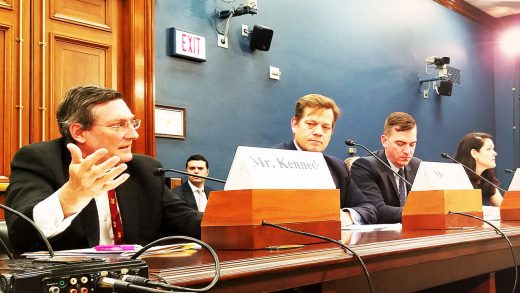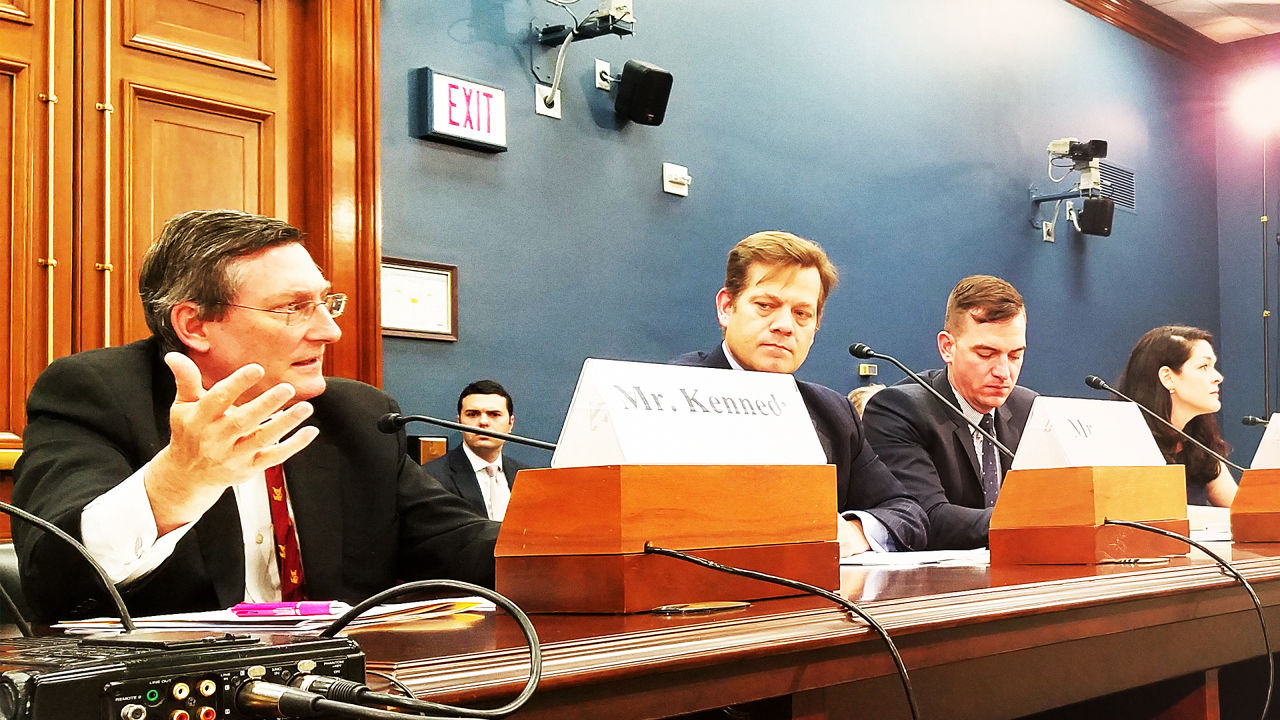Due To Fuzzy Rules, Sharing-Economy Workers Often Underpay Or Overpay Their Taxes
The U.S. tax system was not prepared for the rise of on-demand or sharing-economy businesses like Uber and TaskRabbit. Or maybe it’s that sharing-economy contractors have trouble navigating the labyrinthine tax code.
Actually it’s both.
Sharing economy contractors (like Uber drivers) aren’t taxed the same way as full-time employees. Both the rules and the rates are different. These people are required to remit taxes on income every quarter, for example. Many don’t, because they don’t know they’re supposed to.
About 43% of on-demand company contractors do not set aside money for taxes and have no idea how much tax they’re required to pay, according to a new study from American University.
Platform companies like Uber and TaskRabbit don’t have to report the income of their contractors to the IRS unless it exceeds $20,000 a year, and only if the contractor does more than 500 transactions a year and gets paid using credit cards.
The author of the American University study, professor Caroline Bruckner, added that 60% of the contractor respondents in the study said they weren’t given the 1099K form needed to file taxes on earnings correctly. She testified in front of the House Small Business Subcommittee on Tuesday.
The IRS is already missing out on an estimated $194 billion in unreported income tax every year, and problems taxing sharing-economy contractors is surely adding to the problem.
Contractors who underpay can get audited. Because many are unaware of the deductions to which they’re entitled, some end up overpaying.
Sharing-economy companies, it turns out, have a good reason for not training contractors on tax issues, App Association director Morgan Reed pointed out. When they do, they appear to be treating contractors like full-time employees, and can come under pressure to provide other benefits reserved for full-timers.
“When they start to offer training to contractors, they can open themselves up to all kinds of things, like class actions and new regulations,” TaskRabbit marketing VP Rob Willey told Fast Company after the hearing.
At least one committee member didn’t feel it fair to lay the problem at the steps of the federal government. “I don’t buy that people don’t know that they owe taxes,” said Rep. Richard Hanna (R-NY). “I think anybody who is making money knows they have to pay taxes to somebody.”
“The IRS can’t run around chasing everybody who owes them $500,” Hanna said.
But even the IRS seems to have acknowledged the confusion. The agency has promised to clarify or adapt the rules to better serve contractors, but it’s taken no action yet.
In a sense, the business models of companies like Uber and TaskRabbit work, in part, because they rely on contract employees who don’t get benefits. This often allows for convenient services at low prices for consumers, but the effect on workers, jobs, and the economy isn’t clear.
Federal labor laws permit these business models, but those laws were written well before the launch of Uber et al. Joe Kennedy, senior fellow at the Information Technology and Innovation Foundation, who also testified on Tuesday, suggested adding another worker classification to the labor laws that’s somewhere between “contractor” and “employee.”
The IRS, sharing-economy companies, and contractors may all have roles to play in fixing the problem.
More than 2.5 million U.S. taxpayers are participating in the on-demand economy as contractors each year, the American University study says, and that number is set to more than double in the next few years.
Fast Company , Read Full Story
(13)














